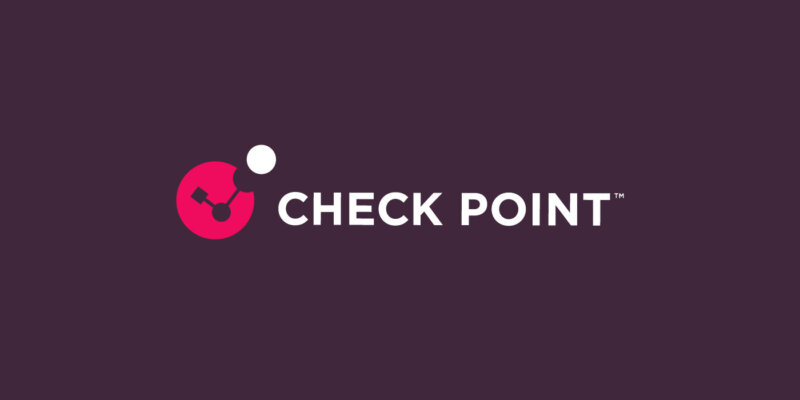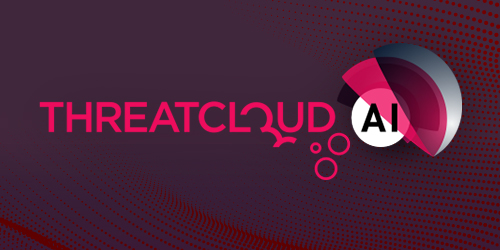
When Cyberattacks Have Nothing to Do with You – The Escalation of DDoS Cyberattacks due to Hacktivism
Hacktivist attacks have been escalating across the world in recent years with reputed hacktivist groups growing in both size and influence.
Last year, a Malaysia-linked hacktivist group attacked targets in India, seemingly in reprisal for a representative of the ruling Bharatiya Janata Party (BJP) making remarks felt to be insulting to the prophet Muhammad.
And more recently, Australia had its Melbourne Fashion Festival which sprouted a flurry of events – with what started as a fashion show quickly transitioned to a flurry of cyberattacks. News about a luxury brand’s clothing design went viral for the wrong reasons. An attendee took to her social accounts to share her opinions on how she found the company’s designs offensive and disrespectful. These stories and videos and stories went viral.
But what does this have to do with cyberattacks?
Well, several Muslim hacktivist groups joined forces, with other hacktivist crews, as a retaliation, to launch cyberattacks targeting Australian infrastructure and private organization under the tags #OpAustralia and #opsjentik. As a result, over 70 Australian sites – including public websites of governments, ports, banks, and private businesses – have been targeted with Distributed Denial of Service (DDoS) attacks.
If you would like to read more about the full coverage of these attacks, check out our partner’s coverage at this link.
While cyberattacks are nothing new, we wanted to take this opportunity to stress the importance of always staying protected with a prevention-first security approach at all times. Here are some highlighted reasons as to why this is so concerning for organizations across the globe:
- These affected organizations had no relation to the incident that happened during the Melbourne Fashion Festival demonstrating that an organization can face cyberattacks any time, anywhere, and for any reason.
- Although the initial cyberattack could be considered small, the attack can quickly escalate into something much bigger – whether that be the inclusion of other hacktivist groups or the spread of additional sophistication.
- Organizations may not even understand why or when they are being targeted. Access to the sites could appear uninterrupted – especially when connected locally. But access from international locations – usually by supply chain, or overseas users – can be interrupted without the organization’s knowledge.
- There is no room for downtime when it comes to running a successful, growing business. This can lead to significant losses and damage to the company’s reputation. It also makes the organization vulnerable to data loss or corruption – which can lead to legal consequences, penalties, and regulatory fines.
Check Point Emergency DDoS Protection
Luckily, Check Point offers an award-winning, automated, real-time mitigation solution that secures organizations against emerging network and applications threats while protecting infrastructure against network and application downtime, application vulnerability exploitation, malware spread, anomalies, information theft and more. For more information about this service, download our flyer for emergency onboarding DDoS protection.
In this time of uncertainty in Australia, we are promoting our services to help those in need of immediate help with DDoS protection.
Please reach out to Check Point Protector Sales team, who can get you started on the right path to DDoS protection.









